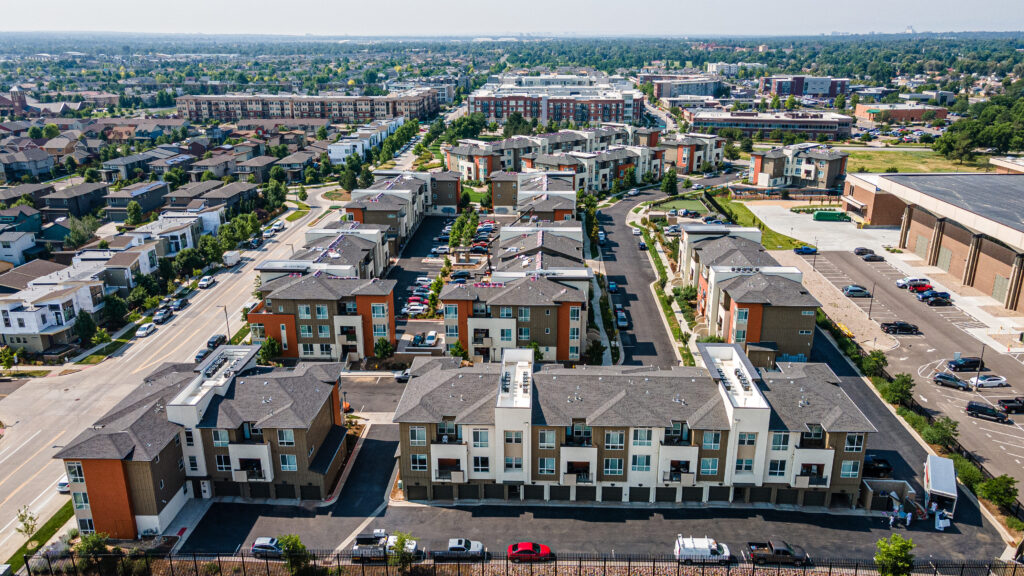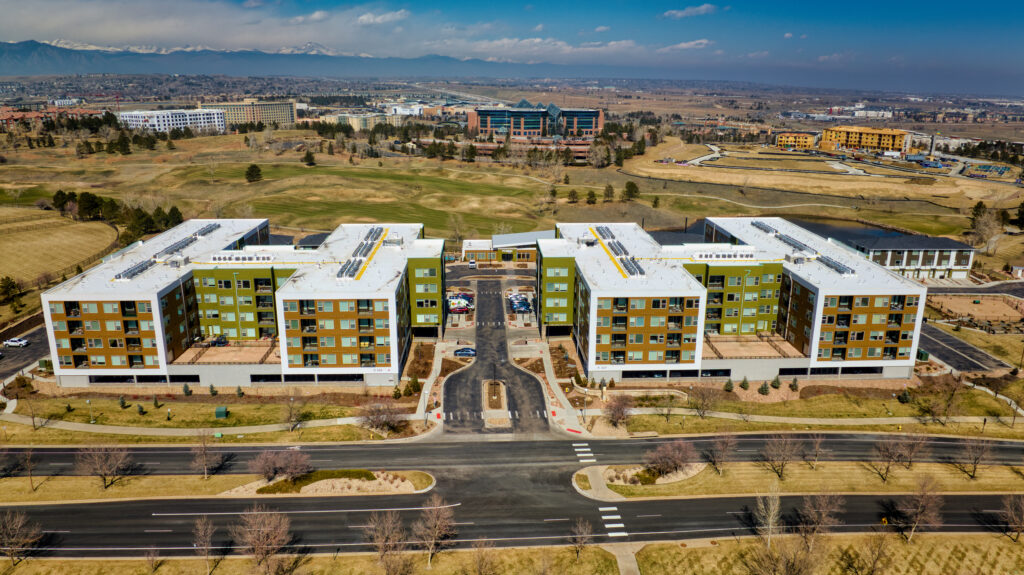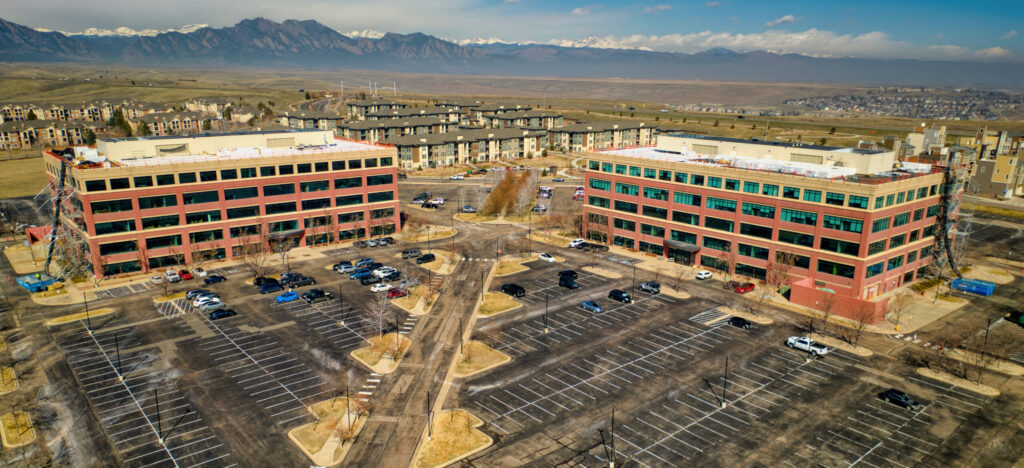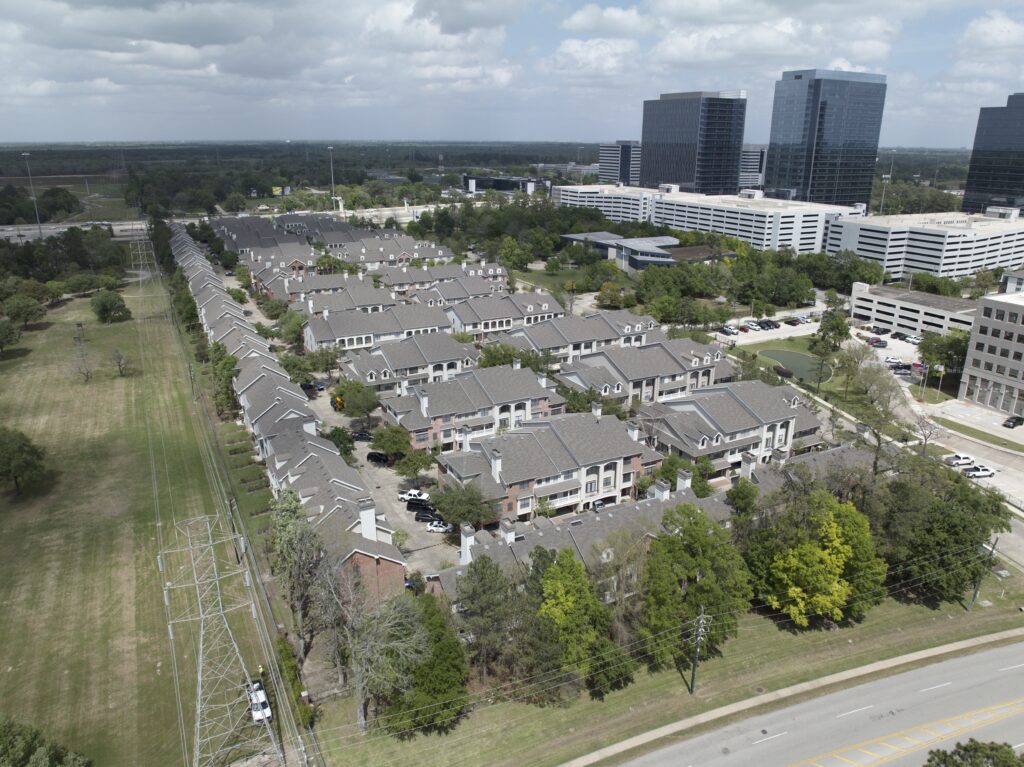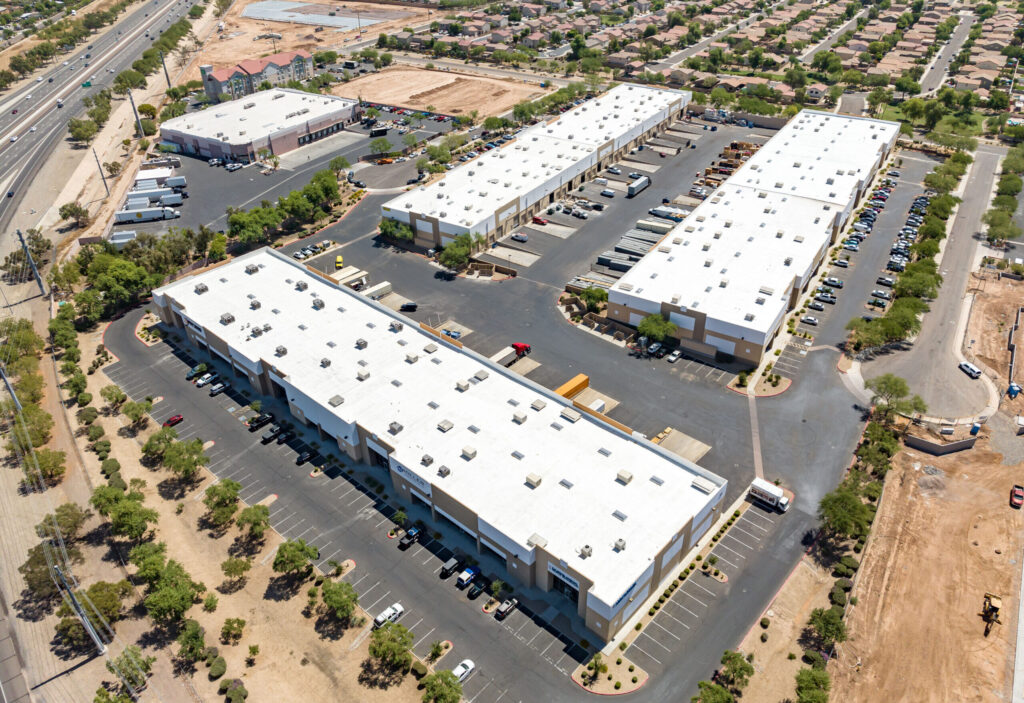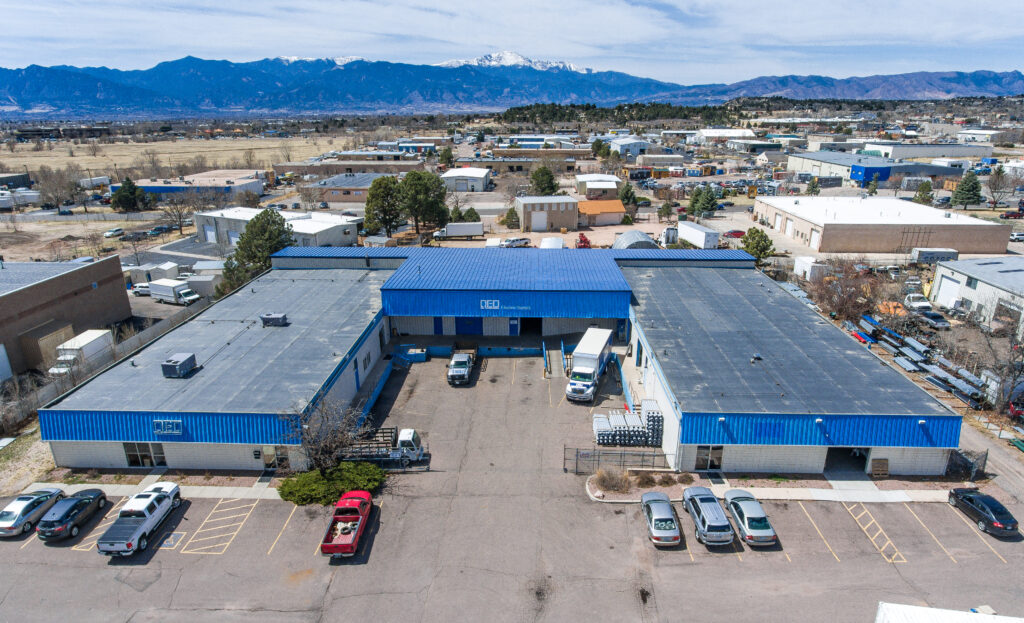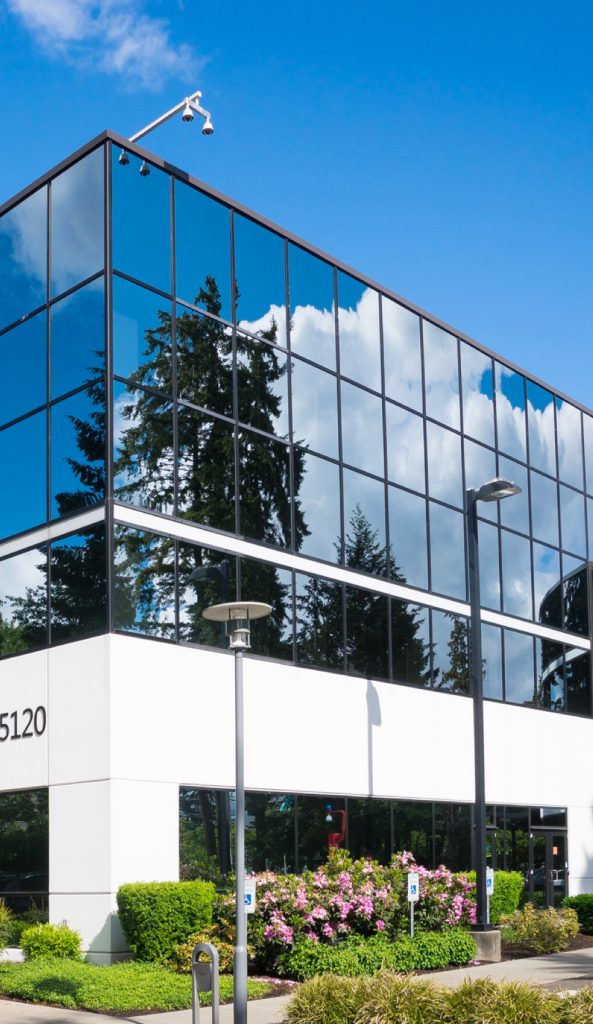
Empowering Success
Our mission is to enable success for every client on every engagement. We approach this mission by building partnerships and providing tailored exterior services through streamlined professional processes, effective communication, and reliable results.
Our CompanyExpertise in every phase of the project delivered efficiently, effectively, and with integrity.
Our CompanySolutions
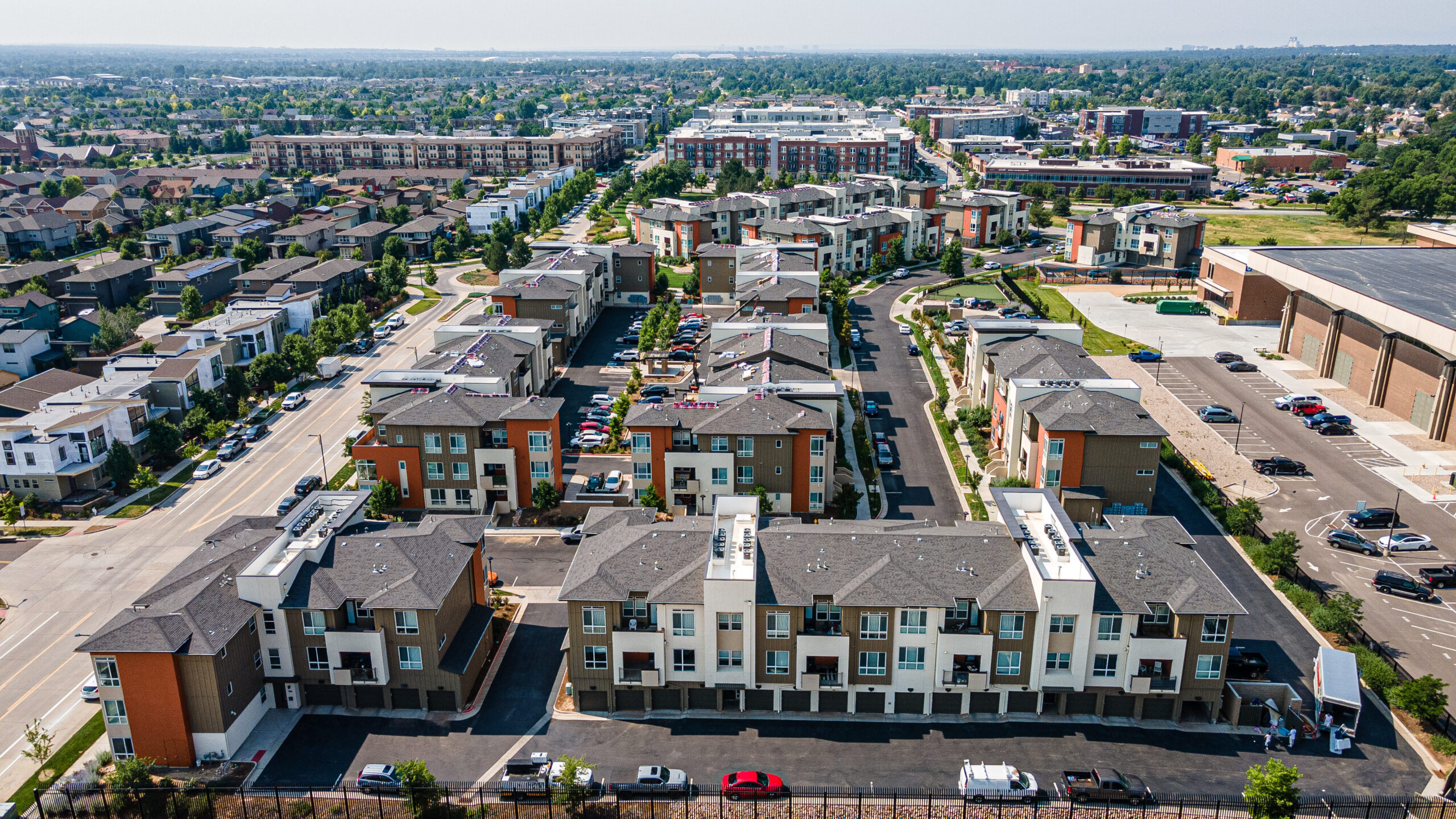
Capital Expenditure Projects
When exterior building components require replacement, our professional team partners to develop a custom solution that fits within your budget and provides long-term property asset protection.
Replacement Solutions
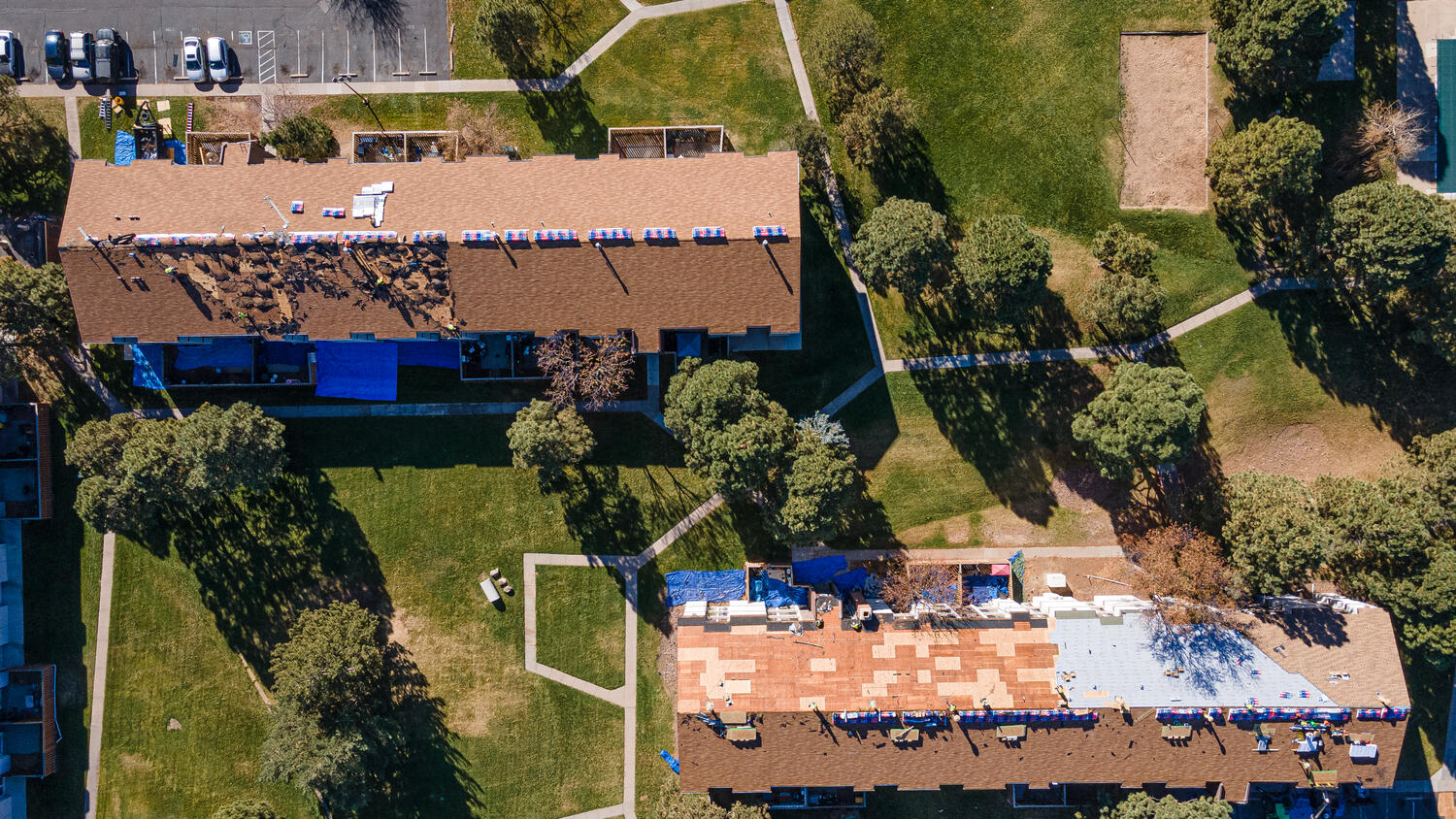
Repair
We set minds at ease with exterior commercial repair that leverages industry-grade materials, dependable service, quality control measures, extreme attention to detail, and multiple layers of expertise and experience. We take the guesswork out of who to call.
Repair Solutions
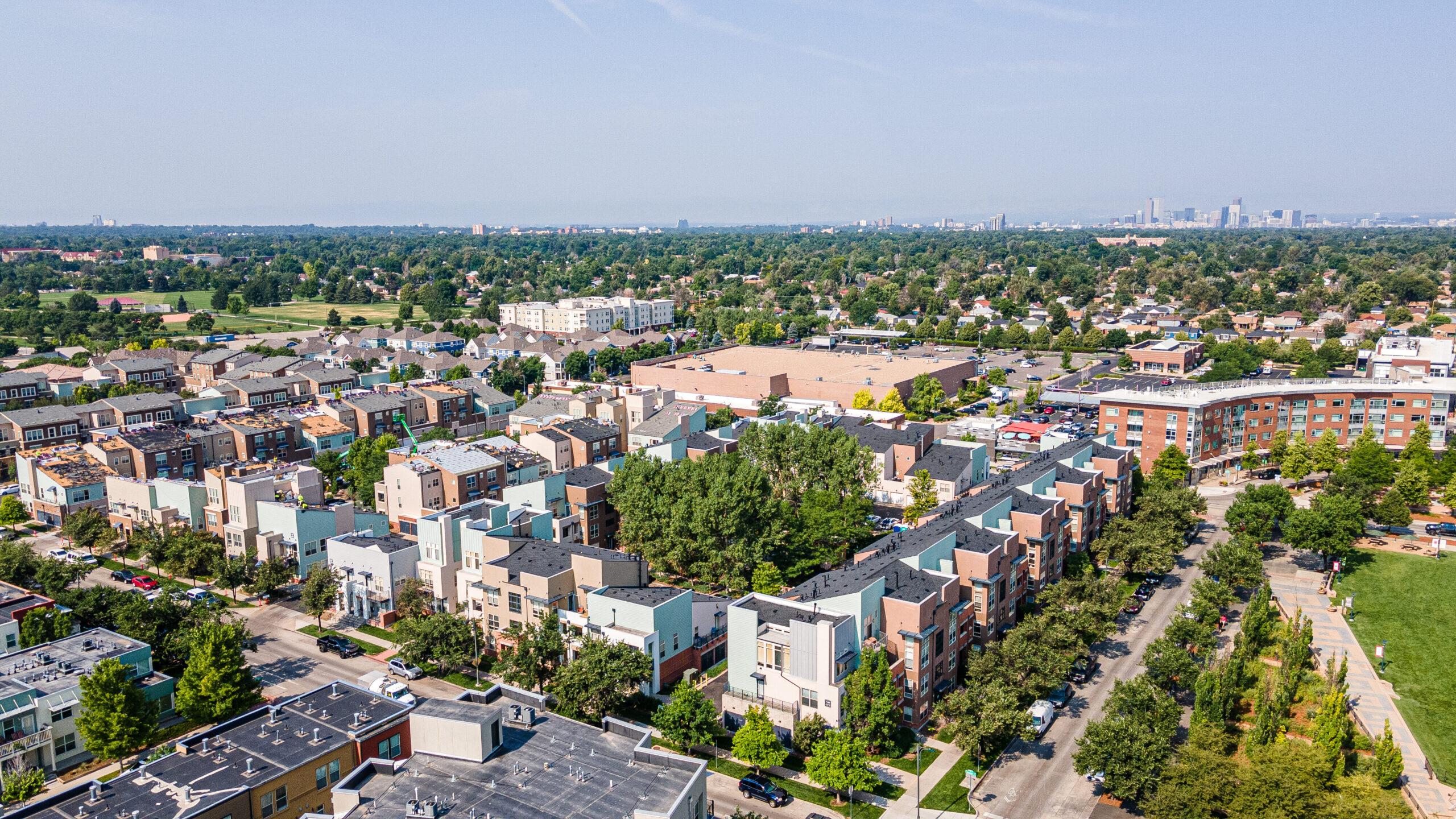
Ongoing Maintenance
Proactive maintenance is key to reducing cost, staying informed, and strategically budgeting for the future.
Maintenance Solutions
Projects
Aster
Fusion 355
The Views
Village on Memorial
DRA
QED
Serving Commercial & Multifamily Properties in the Southwest.
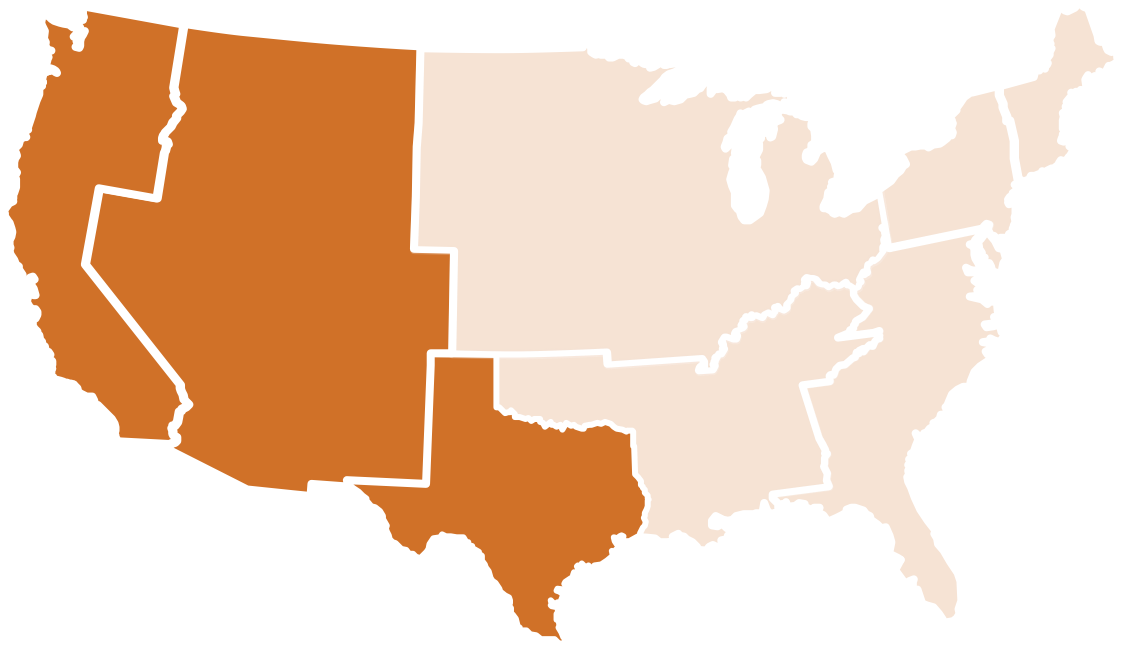
How May We Serve You?
We are improving the construction experience for commercial properties across the nation. Please let us know in the form below how we can help you.
"*" indicates required fields

